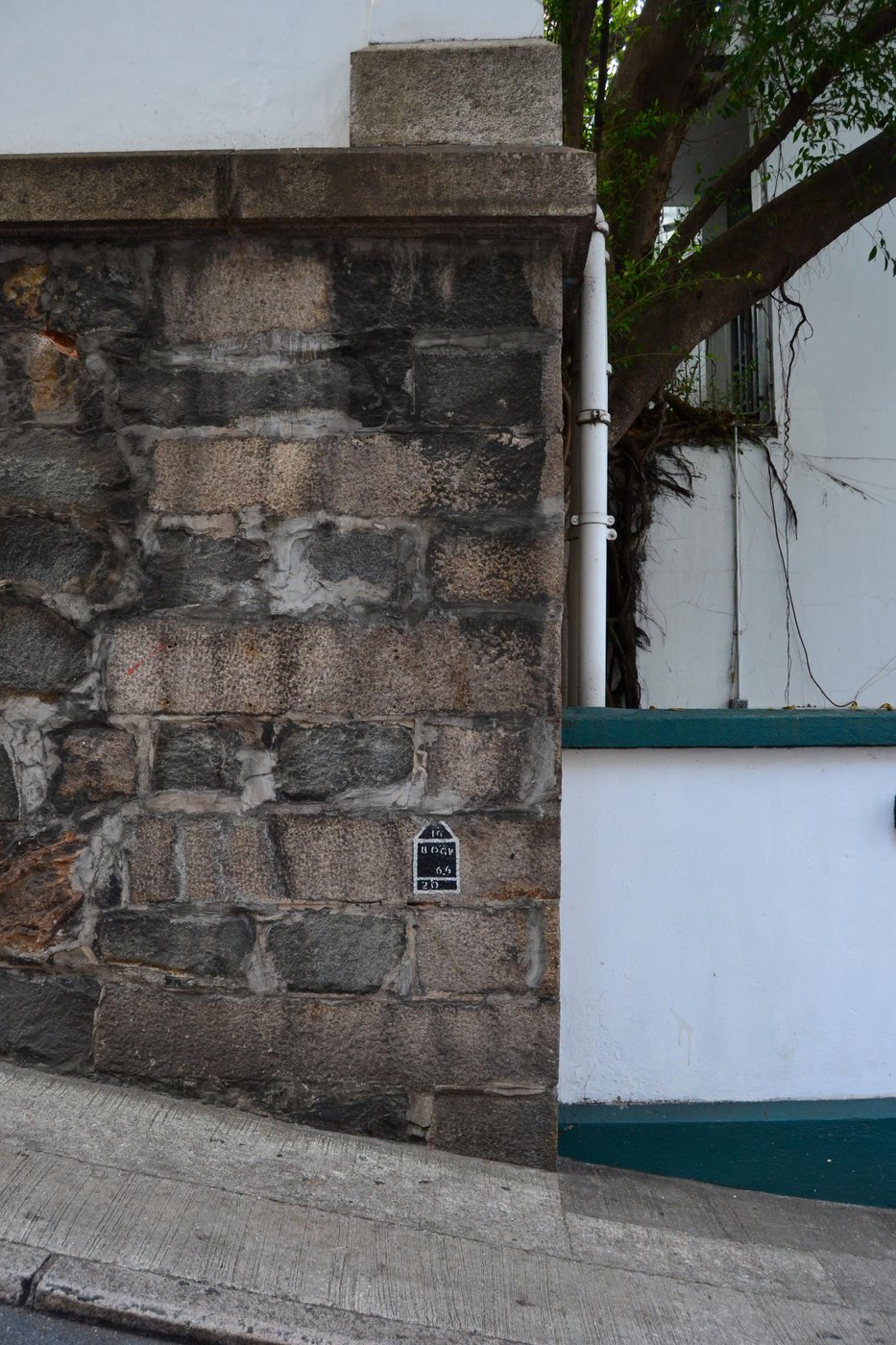Invitation to the Rigorosum of Nikolas Ettel
The Institute for Art and Architecture at the Academy of Fine Arts Vienna kindly invites you to the rigorosum of Nikolas Ettels’s dissertation project The Jacksons Project: An Intermedia Framework to Analyse Trivial Yet Telling Urban Remnants in Hong Kong’s High-Density Built Environment.
The Examination Panel is made up of: Univ.-Prof. Dr. Carolin Bohlmann (chair), Univ.-Prof. Dipl.-Ing. Dr. Ing. Angelika Schnell (first supervisor), and Univ-Prof. Thomas C. Daniell, B.Arch, B.B.Sc, M.Eng, Ph.D (second appraiser, Kyoto University).
Abstract
Every day, Hong Kong residents unknowingly pass by one or more 'Jacksons' - a unique type of urban remnant found across the city. Distinct from the more easily spotted urban ruins, historical relics, or preserved heritage buildings, these seemingly trivial findings have lost their original function over time, yet continue to be maintained. This dissertation investigates the persistence of these remnants in contemporary Hong Kong. Drawing inspiration from an early 1970s Japanese art concept, the dissertation introduces this novel perspective for the first time in Hong Kong. For this purpose, the term Jackson is used to frame the findings. A Jackson (plural: Jacksons) describes an outdated water valve marking in Hong Kong and is here re-appropriated as a prism to gain deeper insights into maintained urban oddities.
The Jacksons Project seeks to identify, categorize, and document urban curiosities with a clear physical dimension, yet lacking appropriate attention. By employing a research protocol on attentive walking, a sampling protocol, and a photogrammetry protocol, the project establishes a practice-based framework. In this intermedia framework, the process of evolvement to make them visible is part of the method itself. The cumulative, interwoven research structure serves as an orientation device to situate this framework to other perspectives on the trivial, such as contemporary practices from Forensics, Archaeology, and Heritage Preservation. Nevertheless, the findings' significance cannot be encapsulated within a single theory, as its qualities and meanings depend on multiple local factors, such as cultural context, individual routines, and maintenance customs. The remarkable diversity of the investigated Jacksons, along with the context in which they are maintained, however, unveil their potential and underlying qualities.
Despite differences in size, shape, material, and age, the collected Jacksons share a common characteristic: individual maintenance. This aspect is seen as a manifestation of discreet participation in a high-density built environment. While documenting urban participation is not novel, this dissertation emphasizes a new perspective on localized caretaking acts, focusing on temporality, iconization, and their distinctiveness within Hong Kong. Three selected case studies systematically enhance the understanding of the seemingly trivial towards telling Jacksons with representative sizes and observed intensities of maintenance, such as acts of cleaning, refurbishment, and reuse. The non-invasive documentation method of close-range photogrammetry thereby produces accurate, comparable empirical data sets - time documents - for future reference. This serves as an entry point while offering new methods and perspectives for urban scholars to engage with the subject. Thereby, it demonstrates that when the trivial becomes apparent, numerous possibilities arise to explore the ephemeral.
In summary, The Jacksons Project investigates what is still accessible and subsequently creates a permanent, empirical database for ephemeral urban phenomena. The project challenges how architects can utilize new digital tools to enhance existing ethnographic research methods for a more dynamic entry point to precise documentation techniques. By focusing on the overlooked aspects of Hong Kong, the discrete, non-abstracted urban Jackson type resonates with the study’s hypothesis that Jacksons can be found throughout the city, and potentially worldwide.
Short biography
Nikolas Ettel is an Austrian, Hong Kong-based intermedia researcher and award-winning lecturer in the Faculty of Architecture at the University of Hong Kong, where he coordinates the Faculty Interdisciplinary Courses and teaches, besides design studios, the Common Core Course 24 Frames: Communicating Ideas through Film. Previously, he has taught design and theory courses in Macau, Shanghai, and Tokyo. His research on urban grey zones is captured through 360-degree films, LiDAR scans, and most extensively through close-range photogrammetry. Nik’s installations have been exhibited in Vienna, London, and Hong Kong among other locations. His latest research is shared in a TEDx talk (HKU, 2021), and have been published internationally including Dezeen, South China Morning Post, Der Standard, and more. The most recent exhibition, Alleys in Wonderland (PMQ, 2019 + City Gallery, 2021), is a Design Trust Seed Grant- awarded Virtual Reality project about the Greater Bay Area’s creative back alley occupations, which was displayed at the Hong Kong Pavilion for the 17th Venice Architecture Biennale 2021. Nikolas received his BArch from the Academy of Fine Arts Vienna and a Master of Arts (Architectural History) from The Bartlett School of Architecture, University College London. He holds an ir.Arch from The Austrian Chamber of Commerce and has practiced in architectural offices in Vienna and Munich involved in projects ranging from multi-scale data centres to a metro station. Since 2018, he has been an editorial board member of ADATO, a Luxembourg based art and architecture magazine, AMPS Academic Journal, and Unforeseen Circumstances - a peer-reviewed multimedia journal and exhibit space. Additionally, he serves as a UCL Alumni Mentor in Hong Kong, is Faculty Board Member, and a Fellow of Advance HE, where he serves as Mentor and Reviewer, while maintaining various other academic service roles.
The rigorosum will be in English and will take place at the Academy at Schillerplatz 3, in room 211a.
We are looking forward to welcoming you.
